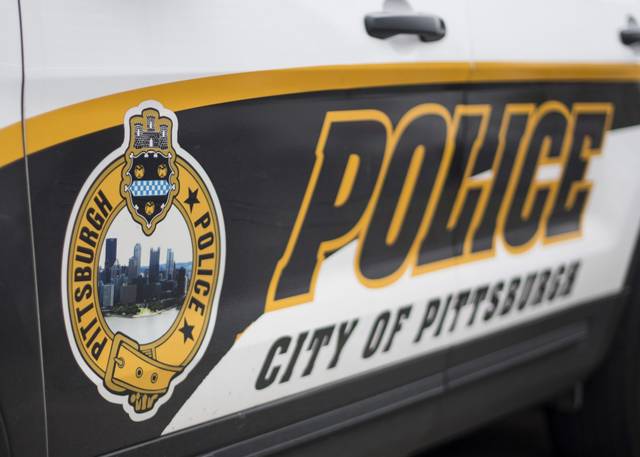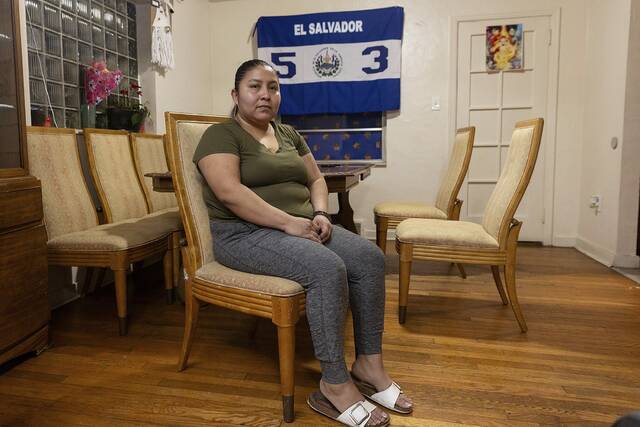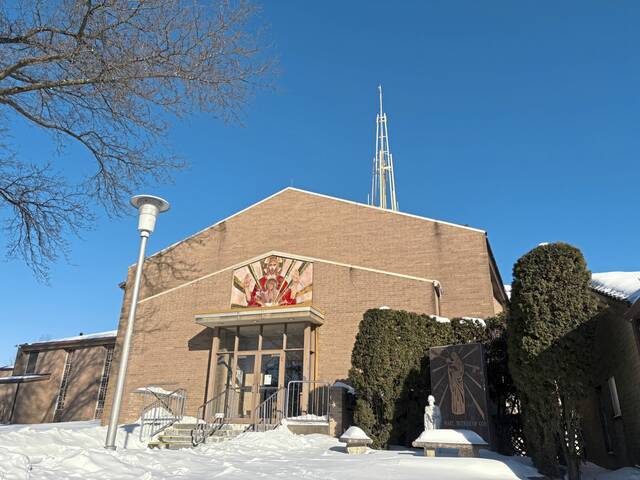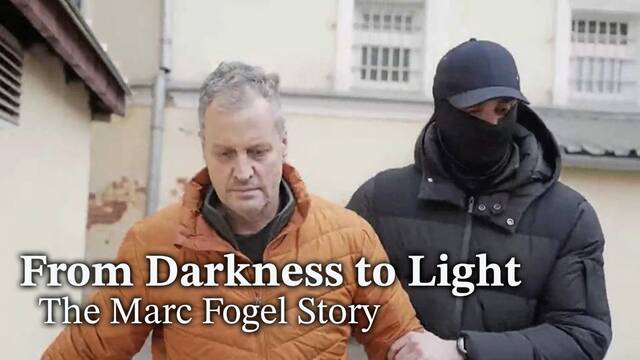No one on Pittsburgh City Council is opposed to enacting legislation to ban no-knock warrants in the city.
But council members Wednesday delayed passage of a proposed bill until it can iron out any legal issues with the law and meet with community members who are lobbying for it.
Bans on law enforcement agencies serving a warrant without announcing their presence have been lobbied for across the country since the March 26, 2020, shooting death of Breonna Taylor in Louisville, Ky. Taylor was shot by plainclothes officers who entered her boyfriend’s apartment to serve a warrant that was part of a drug investigation.
Taylor’s boyfriend fired what he called a warning shot after police entered, police returned fire and Taylor was killed.
None of the officers were charged with a crime specifically tied to Taylor’s death. Prosecutors said the officers were “justified in their use of force” because Taylor’s boyfriend fired at officers first. One officer was charged with wanton endangerment because he fired blindly through a door and window.
Her death, coupled with the May 25, 2020, killing of George Floyd by Minneapolis police galvanized regular protests across the country as part of the Black Lives Matter movement that called for police reform.
There were about 100 protests last summer in the Pittsburgh area that were part of the movement, and several police reforms have been enacted by city council or are proposed.
The city’s commitment to reform has given lifelong Black activist Tim Stevens a “sense of hope” that more will be done in 2021. Stevens leads The Black Political Empowerment Project and has long-lobbied for police reform.
Among the commitments city officials have made to Stevens include working to make the police department more diverse by bolstering Black recruitment efforts, reviewing whether a requirement that recruits complete 60 credits of college course work is needed, and developing policies and procedures to address bias in the department.
Pittsburgh police don’t use them now
Banning no-knock warrants won’t impact police operations in Pittsburgh, as Public Safety Director Wendell Hissrich has said police do not use them. There isn’t an option to request a no-knock warrant on the form provided by the state court system, Allegheny County District Attorney Stephen A. Zappala Jr.’s spokesman Mike Manko has said.
But council members agree that codifying the ban is a good thing. The bill is sponsored by council members Ricky Burgess, R. Daniel Lavelle, Erika Strassburger, Bobby Wilson and Bruce Kraus.
Council President Theresa Kail-Smith and council members Anthony Coghill and Deb Gross also have said they support it, and no one has spoken against the proposal.
But council is going to meet with the city’s Law Department and then will schedule a meeting with residents who have lobbied for the law before it adopts the legislation.
Putting the ban into law is also supported by Mayor Bill Peduto, mayoral spokesman Tim McNulty said.
Use of the technique is “extremely rare” in law enforcement, according to Bruce Antkowiak, a law professor at Saint Vincent College near Latrobe.
Antkowiak is a former federal prosecutor.
Would not affect feds
The law wouldn’t impact if federal agents could serve a no-knock warrant, he said.
Serving a warrant without announcing police presence puts everyone involved in danger, Antkowiak said.
There’s no restriction on how long police need to wait after announcing their presence before they enter on a warrant service, he said.
“It’s not going to be a huge practical impact on the way that law enforcement people do business,” he said. “You have a very difficult time finding that rare case where you would justify not giving that notice.”
A law banning them would reinforce the idea to police that it isn’t allowed, he said.
Elsewhere
Louisville Council enacted a ban on the warrants in June 2020. A ban was also enacted last year in Virginia. They’re also illegal in Florida and Oregon. But they’re allowed in some instances in some jurisdictions, according to research by the Pew Charitable Trusts.
Although not routinely used by law enforcement, the “no knock” idea was introduced in the Nixon era as he worked to be a law-and-order president, according to Washington Post reporter Radley Balko, who wrote the book “Rise of the Warrior Cop.”
In a June 2020 NPR interview, Balko talked about how use of the warrants increased in the 1980s as part of the war on drugs.
In the interview, Balko said he expected to see the “symbolic ban” on no-knock warrants to increase, but questioned how it will be enforced.
“I fear that what we’re going to see is a lot of sort of paper bans on no-knock warrants with no means or method of actually enforcing it,” Balko said. “I think most of the change here, most of the reform that’s going to happen, it’s going to happen — have to happen at a local level. It’s going to have to happen with city councils and also, I think, in district attorneys’ offices.”








